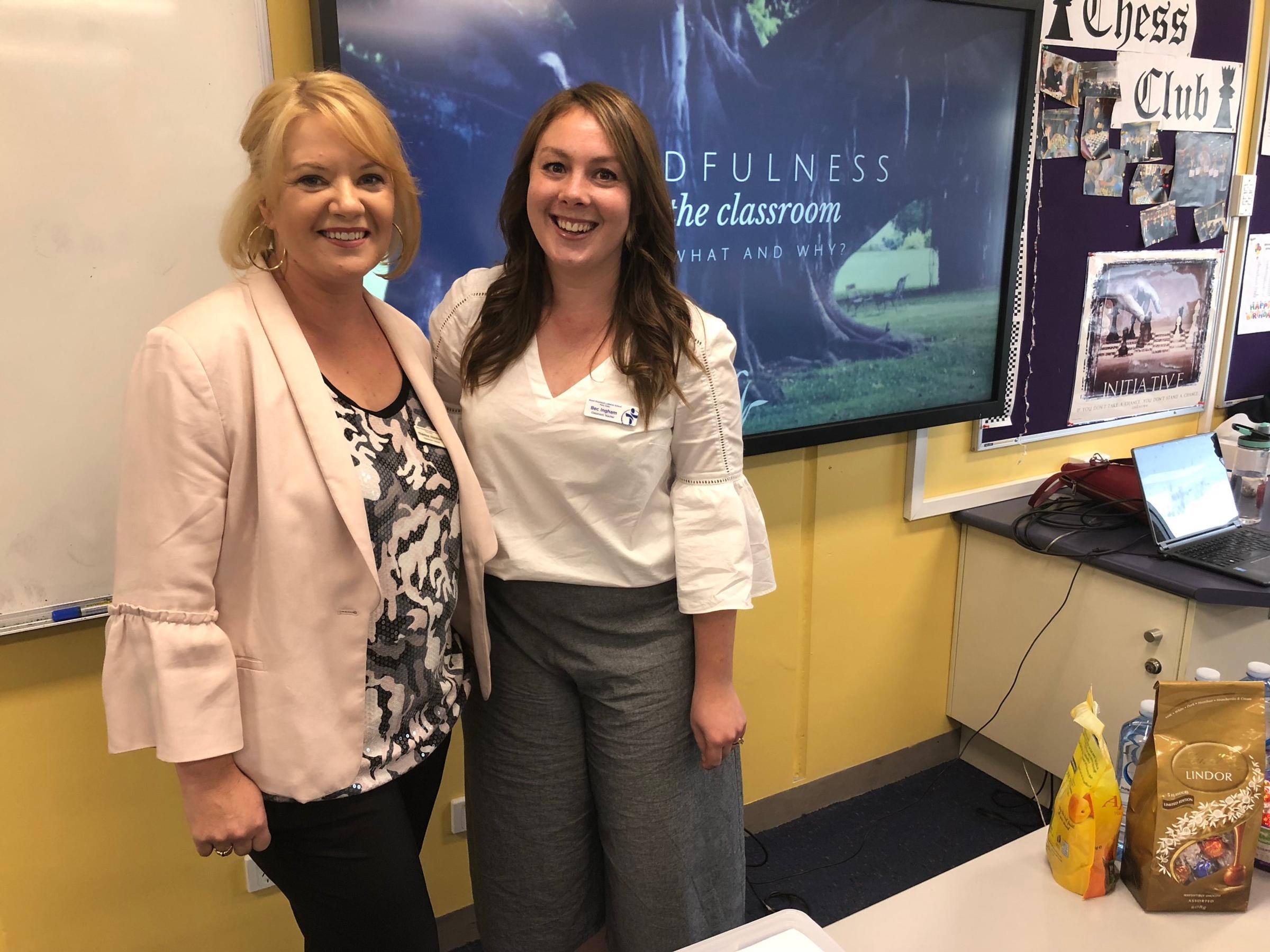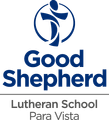staff professional learning

Professional Learning
Dylan William (Institute of Education, University of London) is quoted as saying:
“If we create a culture where every teacher believes they need to improve, not because they are not good enough but because they can be even better, there is no limit to what we can achieve.”
Professional Learning at Good Shepherd Lutheran School is enacting our vision statement “Active and connected, growing for LIFE.” Teachers as learners impact students outcomes as they inquire, grow and immerse themselves in a world of change and opportunity.
The Australian Professional Standards for teachers, developed by the Government organisation AITSL, make explicit the elements of high quality teaching. Teachers at Good Shepherd record a personal professional learning log, and are accountable to the professional standards for teaching.
The following learning principles underpin learning for all members of our community:
Professional learning at Good Shepherd can be divided into three key areas of:
- learning that supports the whole school development plan;
- learning that supports team development e.g. Stage and staff teams; and
- negotiated learning which supports the individual’s personal growth according to individual interests, past learning and previous feedback.
Learning principles - Learning teams focussed on one learning principle and set a yearlong goal/growth area and met regularly to give feedback and share their learning in this area. This led to highly focussed growth across each stage learning team.
The whole staff focus learning areas were:
- Embedding Science Technology Engineering Arts Mathematics
- Assessment practices including moderation
- Restorative Practices
- Good Shepherd as a school which embeds and grows a Culture of Thinking
- Agile and flexible learning spaces
School Registration – Through the process of Registration, Good Shepherd received outstanding feedback for its alignment of all policy, learning/curriculum and operational practices to its Vision, Values and Learning Principles. The Learning Innovation Team had significant input into refining and redefining learning areas and a future focus.
Cultures of Thinking Harvard University/AISSA project - 2018 marked the completion of a 3 year project for the educational leadership team (Principal, Director of Wellbeing and Education Administration & Director of Learning Innovation) in an exciting partnership between Ron Ritchhart, Principle Investigator for The Culture of Thinking Project, Project Zero, Harvard Graduate School of Education and author of Making Thinking Visible and Creating Cultures of Thinking. Embedding a ‘culture of thinking’ has been inspirational for our teaching team and students.
An appropriate action research question was developed by our leadership team for our school setting and context:
“What change would we see in student engagement and learning if visible thinking was a priority for our community?”
The action research project has been designed to focus on the types of skills and dispositions and habits that will enable students to be successful both now and into the future.
The Director of Learning Innovation continued to participate in a parallel “Leading Thinking Skills Hub” action research project which gives leaders an opportunity to strengthen their leadership skills as they implement a teaching and learning priority in their school. Through AISSA, support was given to lead a current change initiative that was linked to school priorities, and considered research and sustainability for the change process.
Professional learning of staff is coordinated by the Director of Learning Innovation. In 2018 staff were involved in the following professional learning activities:
Learning that supports the whole school development plan:
Learning that supports team development e.g. Stage and staff teams:
- Several of our teachers attended ‘Equip’ Professional Learning days to support them in teaching Christian Studies.
- Ongoing training in Restorative Practices led by trained staff members.
- Ongoing training in the integration of Digital Technologies into all learning areas occurred throughout the year.
- Various Learning Support workshops for the teaching team throughout the year, led by our Learning Support leaders including strategies for teaching students with Dyslexic type behaviours and Spelling.
- Ongoing professional discussions at team and whole teaching staff level on matters of curriculum: unit evaluation, moderation of student work, inquiry, integrated curriculum, Christian Studies, and Cultures of Thinking.
- Moderation and development of quality assessment tasks. Following the year long project in 2017, the Learning Innovation Team developed our moderation protocol for English and Mathematics, based on the learning from the project.
- Karen Schoff invited to attend the Cross Sector work on the ACARA General Capabilities. At the IDEALab Karen represented SA independent schools to participate in two day-long sessions working with all three education sectors in South Australia to develop a teachers narrative for the General Capabilities. The work comes out of a high-level Steering Group, reporting to the Minister and chaired by Helen O’Brien (formerly Chief Executive , Catholic Education) which focuses on strengthening the General Capabilities in South Australian schools. T
- STEM Action research project (AISSA)
- Professional learning discussions and development of curriculum at a Connected Schools level including ICT, Integrated Curriculum, Music, LOTE, Principal meetings, Deputy Meetings, Director of Learning meetings.
- Valuing Safe Communities training was undertaken by new staff members.
- A school wide focus on Positive Education and Growth Mindset training for the staff.
- Australian Curriculum – various training opportunities through the Association of Independent Schools of South Australia (AISSA)
- Dyslexic Type Behavi
